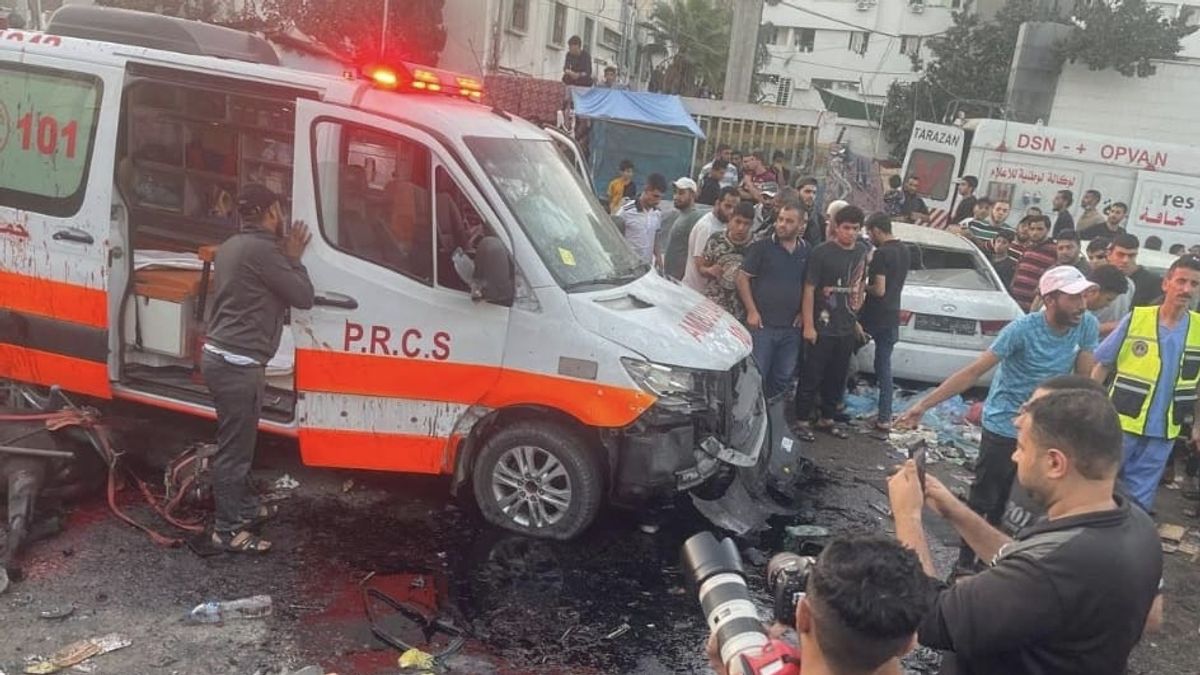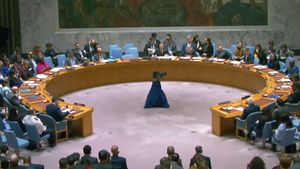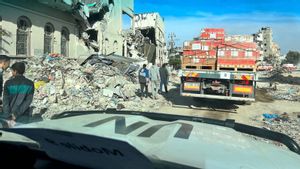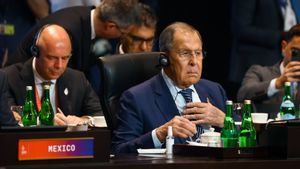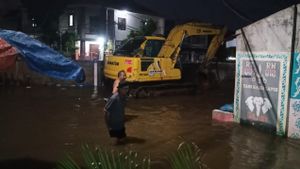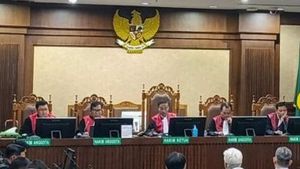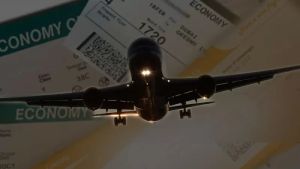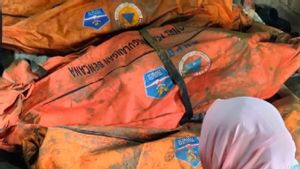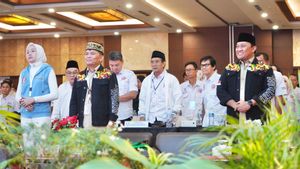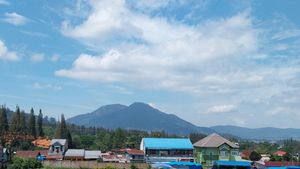JAKARTA - World Health Organization (WHO) officials say there are no more hospitals in the northern Gaza region that function, due to lack of fuel, staff, and medical supplies.
"Actually, there are no more hospitals working in the northern region," Richard Peeperkorn, WHO representative in Gaza, told reporters via video link from Jerusalem.
"Al-Ahli (Hospital) is the last one, but now its function is minimal, still treating patients but not accepting new patients," he added.
Describe it as a 'hospital', Peeperkorn said Al-Ahli is similar to hospitals that provide very limited care. About 10 staff, all junior doctors and nurses, continue to provide basic first aid, pain management and wound care with limited resources, he said.
"As of two days ago, the hospital was the only hospital where injured people could be operated in northern Gaza and the hospital was overwhelmed with handling patients requiring emergency care," he said.
"There is no more operating room due to a shortage of fuel, electricity, medical supplies and health workers, including surgeons and other specialists," explains Peeperkorn.
The bodies of victims of the Israeli attack were recently lined up in the hospital grounds because they could not be buried safely and with dignity, he said.
According to the WHO, only nine out of 36 health facilities function partly in Gaza. All of these facilities are concentrated in the southern region of the Palestinian enclave.
The WHO representative spoke to reporters after a WHO mission conducted in recent days at Al-Ahli Hospital and Al-Shifa, a hospital located in Gaza City.
Sean Casey, who led the two hospital missions, told the "irresistible" scene witnessed by WHO workers at a church in the Al-Ahli complex that had been converted into an emergency ward.
SEE ALSO:
"A church with about 30 patients, almost none of them can be outpatient. So patients who are lying in bed, some of them are seriously traumatized. We see many patients who say they haven't showered or changed clothes for weeks,"skirts Casey, citing CNN.
"Patients cry in pain, but they also cry so we give them water. It's unbearable to see someone with you, put on many limbs, external fixors on many body parts who only ask for drinking water," he said.
Casey said Al-Ahli is now a "place where people are waiting for death" unless they can be moved to a "safer location" capable of providing treatment. According to him, WHO is trying to try and move these patients to facilities in southern Gaza.
The English, Chinese, Japanese, Arabic, and French versions are automatically generated by the AI. So there may still be inaccuracies in translating, please always see Indonesian as our main language. (system supported by DigitalSiber.id)
